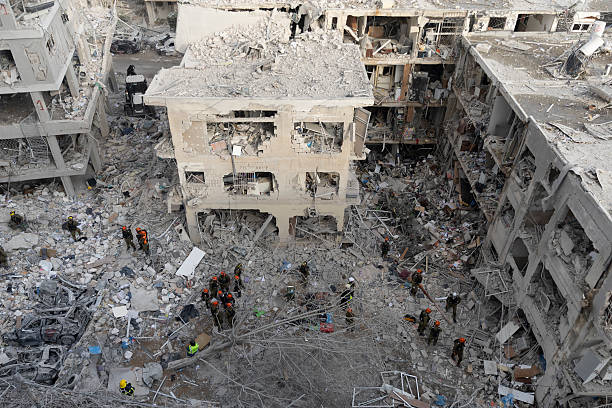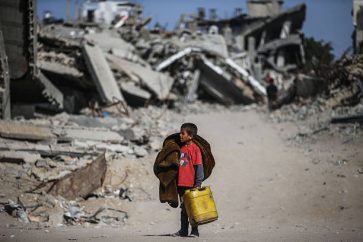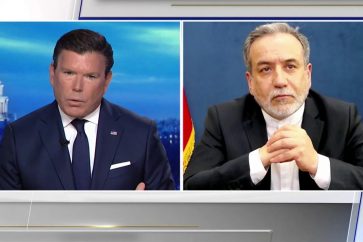Amid rising tensions following the Israeli enemy’s assault on Iranian territory, a senior American official told the Israeli news outlet Walla that the Israeli occupation regime has formally requested the United States to participate directly in military strikes against Iran.
While Washington has so far declined, the request marks a new phase of Israeli pressure on its Western allies to intensify confrontation with the Islamic Republic.
According to two Israeli sources cited by Walla, ‘Tel Aviv’ submitted a formal request to the Trump administration within the past 48 hours, urging US involvement specifically to target Iran’s Fordow Fuel Enrichment Plant located around 160 kilometers south of Tehran, near the city of Qom.
Zionist officials reportedly stressed that their forces lack the necessary bunker-busting bombs and strategic bombers to destroy the fortified site.
The same sources noted that the US possesses long-range bombers capable of reaching Iranian territory—an implicit suggestion that only American firepower could carry out such a mission.
While US President Donald Trump was quoted by Agence France-Presse as warning that any Iranian attack on the US would be met with “full force,” he also denied American involvement in the recent Israeli strike on Iran.
Donald Trump has threatened to respond to any attack by Iran on the US with ‘the full strength and might of the US Armed Forces’.
Read more: https://t.co/igRB4na52c
📺 Sky 501, Virgin 602, Freeview 233 and YouTube pic.twitter.com/yrN2TkFz0D
— Sky News (@SkyNews) June 15, 2025
Nonetheless, Walla reported that during a phone call with Zionist Prime Minister Benjamin Netanyahu in the days leading up to the operation, Trump signaled that he might intervene if “necessary.”
In a separate statement, Trump claimed Washington could easily broker a deal between Iran and Israel to end the bloodshed—contradicting Israel’s ongoing military actions.
Contradictions in London: Starmer Sends Fighter Jets While Calling for Restraint
Despite publicly urging calm, British Prime Minister Keir Starmer authorized the deployment of additional military assets to the Middle East, citing the need to “support emergency operations” in light of the escalating situation.
Speaking to reporters en route to the G7 summit, Starmer reiterated his call for all sides to de-escalate, warning that “any further escalation poses a grave threat to peace and stability in the region.”
Nonetheless, the British government has already begun transferring fighter aircraft and refueling planes to the region, with preparations starting last Friday morning following the Israeli attacks on Iran’s nuclear program and senior military figures, according to The Guardian.
Israel bombs Gaza for over a year, killing men, women and children, targeting hospitals and schools.
Britain does nothing.
Israel bombs Iran (unprovoked). Iran retaliates.
Britain sends fighter jets.
Seriously @Keir_Starmer ?! pic.twitter.com/PzgXKq8UYb
— Harry Eccles (@Heccles94) June 14, 2025
Starmer confirmed that he held urgent calls with several global leaders following the Israeli strike—including Netanyahu and Trump—highlighting the UK’s direct engagement in unfolding developments.
When asked about Iranian warnings against any Western nation assisting the Israeli enemy militarily, Starmer responded, “I will always take the right decisions for the United Kingdom. We are deploying assets to the region, including fast jets, to support potential emergency needs.”
Iran’s Position: Sovereignty and Deterrence
Iran has consistently warned that any country enabling aggression against its territory—whether through direct strikes or logistical support—will bear the consequences.
Tehran maintains that its responses thus far have been measured, precise, and grounded in international law but reserves the right to defend its sovereignty against any threat or foreign interference.
The latest Western military posturing reveals a deep contradiction between rhetorical calls for restraint and actual steps toward escalation—highlighting the Israeli enemy’s inability to act alone and its growing reliance on foreign powers to compensate for its strategic and operational limitations.
Source: Al-Manar Website




